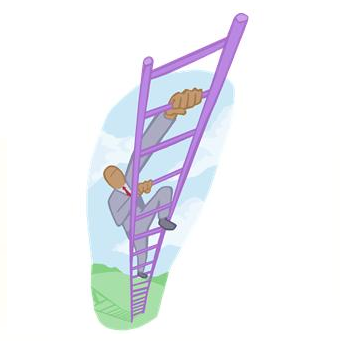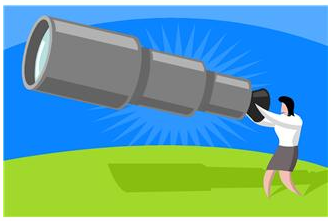eDiscovery Careers: Achieving Success as a Non-Attorney in a Law Firm: Find/Make the Right Environment, Part 1
eDiscovery Careers: Achieving Success as a Non-Attorney in a Law Firm: Find/Make the Right Environment, Part 1 https://cloudnine.com/wp-content/themes/cloudnine/images/empty/thumbnail.jpg 150 150 CloudNine https://cloudnine.com/wp-content/themes/cloudnine/images/empty/thumbnail.jpg
Last week, I introduced a new series regarding achieving success as a non-attorney in a law firm. One key to achieving success is being in an environment that permits it. In the next posts I’m going to talk about the type of environment that fosters growth and success. Let me make it very clear, however, that I am NOT suggesting you look at these posts and decide that it’s time to call a recruiter! There are a few things you should keep in mind as you read the first few posts in this series.
read more




